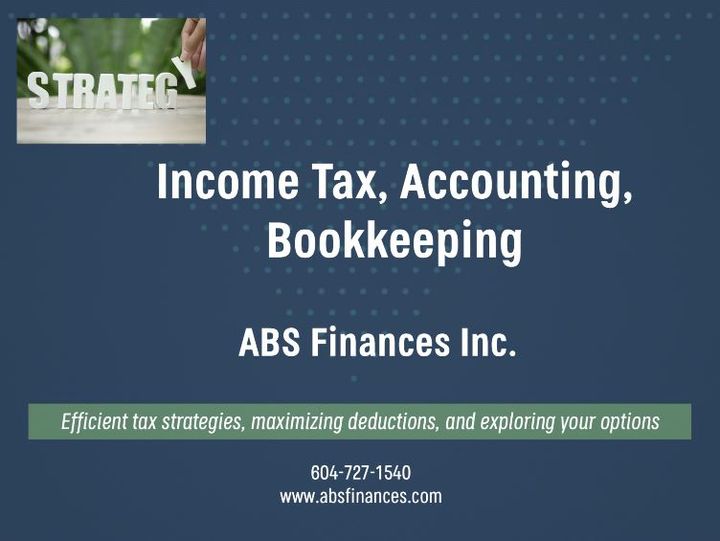Travelling expenses explained - case study

Travelling expenses
As per CRA travelling expenses may include costs for food, beverages, lodging, and modes of transportation such as airplanes, trains, and buses, and can be claimed as deductions as long as the following criteria are met:
• You were normally required to work away from your employer's place of business or in different places.
• Under your contract of employment, you had to pay your own travelling expenses
• You did not receive a non-taxable allowance for travelling expenses.
• You keep with your records a copy of Form T2200, Declaration of Conditions of Employment, which has been completed and signed by your employer.
Expenses for food and beverages can be claimed as deductions if your employer requires you to be away for at least 12 hours consecutively from the municipality and metropolitan area where you normally report to work for your employer.
The most you can deduct for food and beverage expenses is 50% of the lesser of:
• the amount you actually paid
• an amount that is reasonable in the circumstances
* This article refers to traveling expenses for non transportation employees
The CRA rejected the taxpayer's claim for deductions on travel expenses - Richard T Mccullough case
In general, taxpayers are not able to claim deductions for employment expenses that fall outside the scope of section 8 of the Income Tax Act. Taxpayers needs to make sure that they have proper documentation and contracts set in place if they don’t want their claims to be denied.
The recent case provided insight on whether expenses for travel to work that are not reimbursed by the employer, can be claimed as deductions.
The taxpayer claimed employment expenses on his tax returns and CRA rejected the taxpayer's claim for deductions on travel expenses. However, Tax Court of Canada resolved the issue in favor of the taxpayer.
Case details:
The taxpayer, an industrial engineer who was running the operations of his Canadian employer, and was asked by the company to temporarily assist an affiliate in the United States for a period of 19 months. This required him to travel to the affiliate's office in Massachusetts (which was an eight-hour drive away) to work as the Senior Director of Manufacturing for two to three weeks each month. He was required to pay for his own lodging, food, and other travel expenses under an addendum to his employment contract with Canadian employer.
The employment contract for taking on these additional duties, for which he received additional salary by Canadian employer. The taxpayer claimed employment expenses on his 2017 and 2019 tax returns.
The CRA denied the taxpayer's claim for deductions on lodging, food, beverage, and automobile expenses incurred while traveling to the US work location because the taxpayer had two regular places of work from 2017 to 2019.
The CRA argued that travel from an employee’s home to a work site is inherently personal, unless it can be shown that some duties are being performed by the employee during these travels (such as transporting supplies for an employer).
However, Tax Court of Canada resolved this issue in the taxpayer’s favour, so that the travel expenses were deductible under s. 8(1)(h).
The Tax Court judge determined that the Canadian company was the employer and not the US branch. The taxpayer (appellant) was providing a service to his employer in his eight-hour drive, as usual aspect of his job,and as an employee was fulfilling an employment obligation. In addition to that, his employment contract required him to travel to US Branch.
The court also found that despite the taxpayer's back-and-forth travel to the US location from 2017 to 2019, his place of business was still at the location of the Canadian company, making his travel to the US branch considered as traveling away from his employer's place of business.
Tax Tips:
In this case, the taxpayer was successful in his claim because he was able to provide evidence, in the form of an addendum to his contract of employment, that Canadian employer required him to take on additional duties of employment and he did not receive any non-taxable allowance for travel expenses.
If you require any help or assistance with filing your tax returns, please reach out to us.
Disclaimer:
“Please note that the information provided in this article is of a general nature and may not be accurate for your specific situation. The information is current as of the date of posting and is not intended to provide legal advice. It's always recommended that you consult with a professional accountant and lawyer for personalized guidance and advice."



